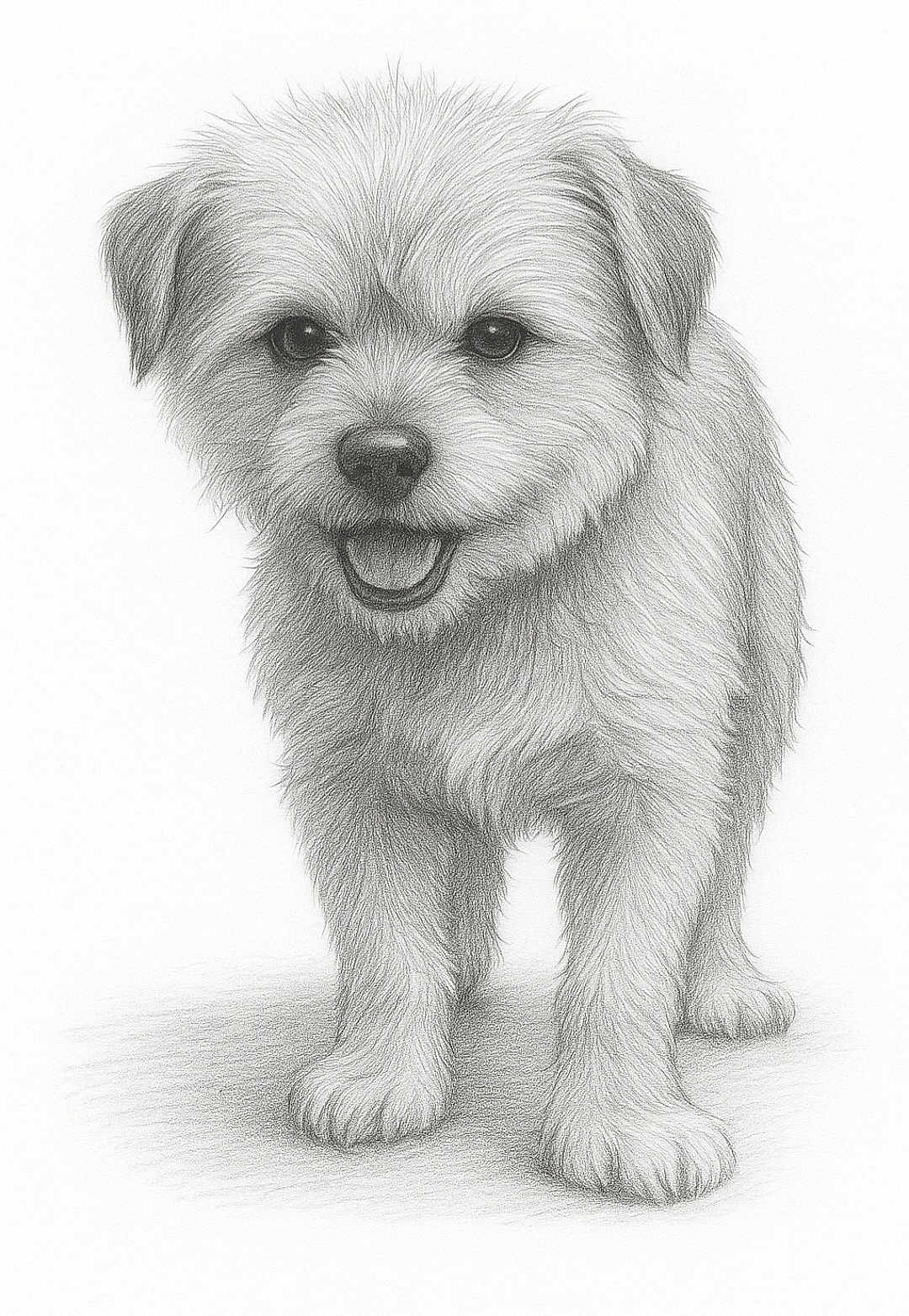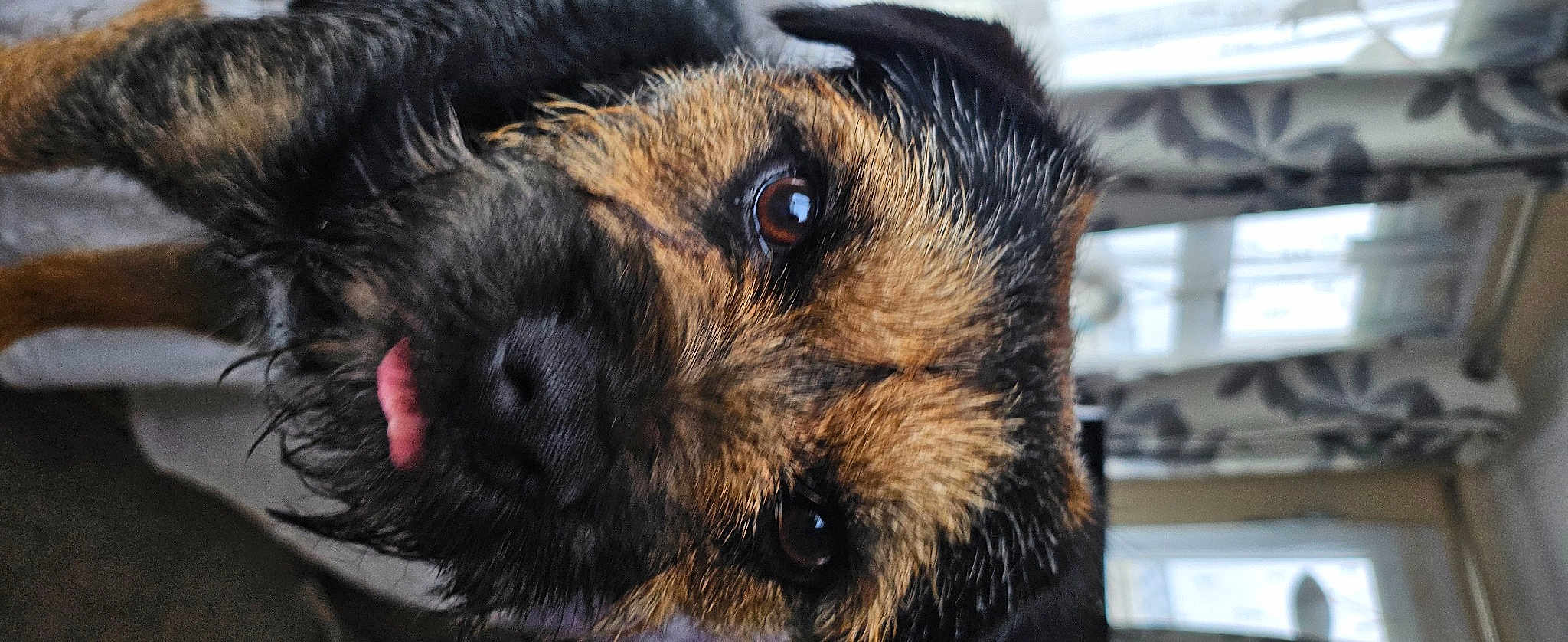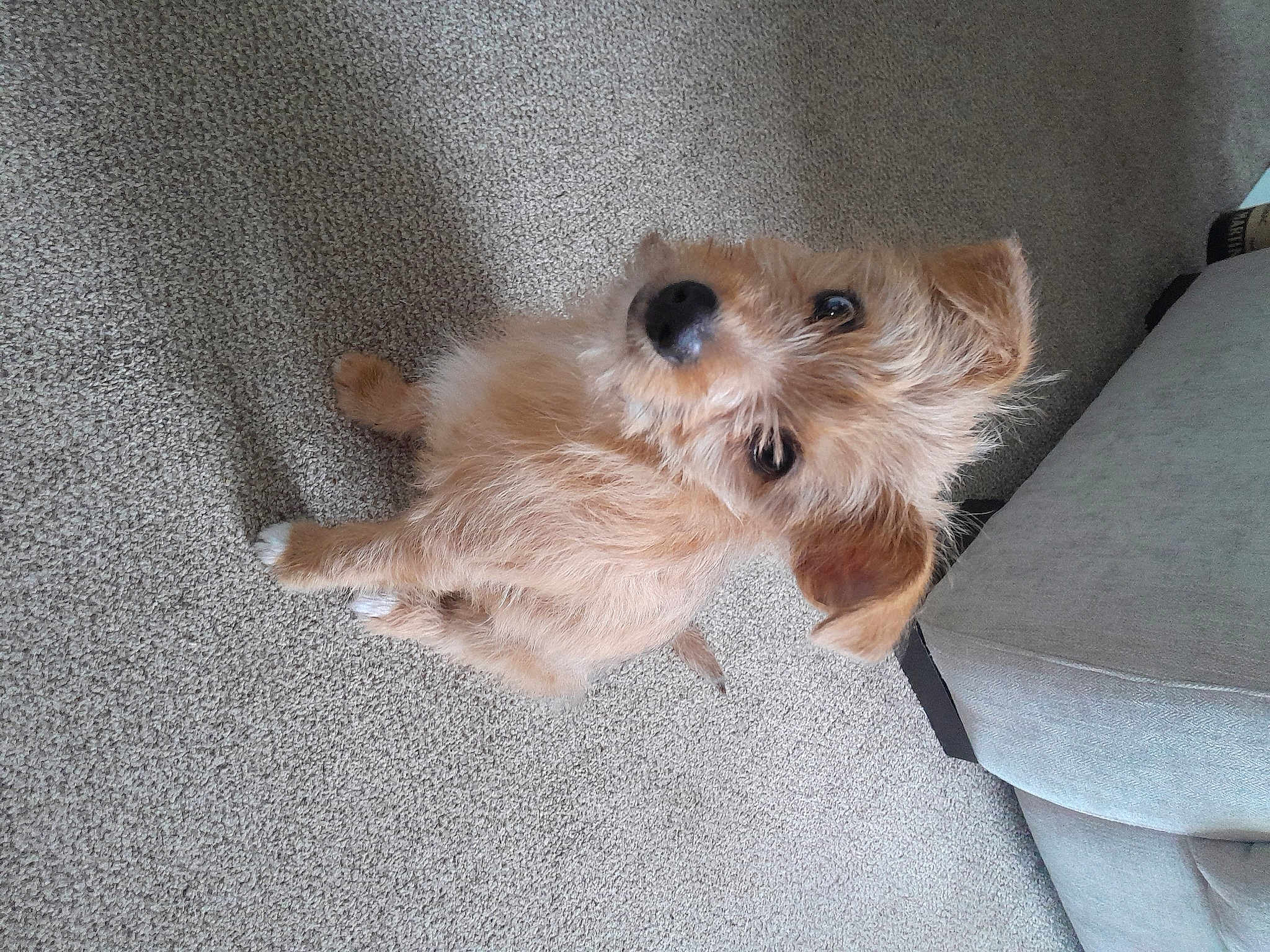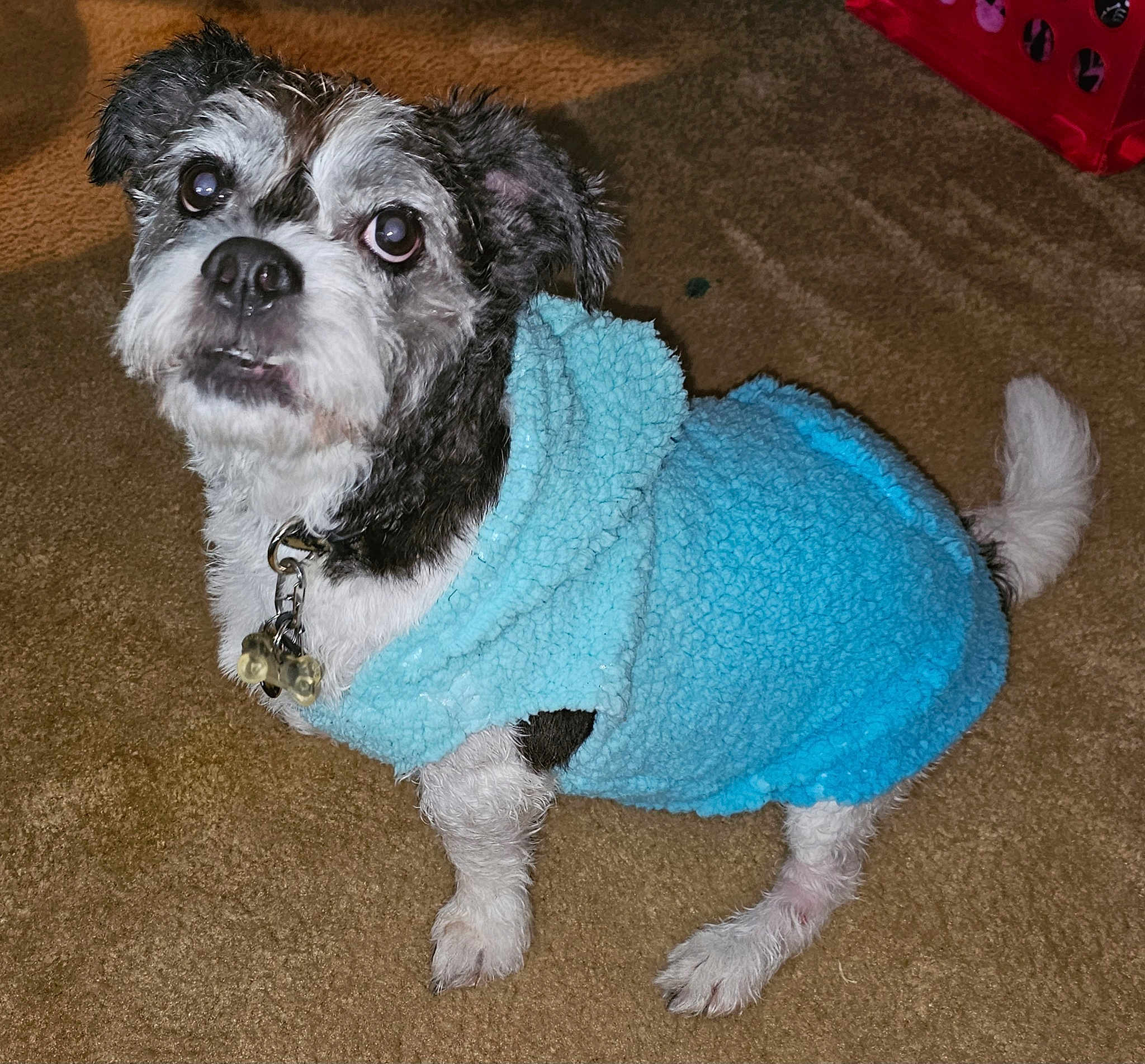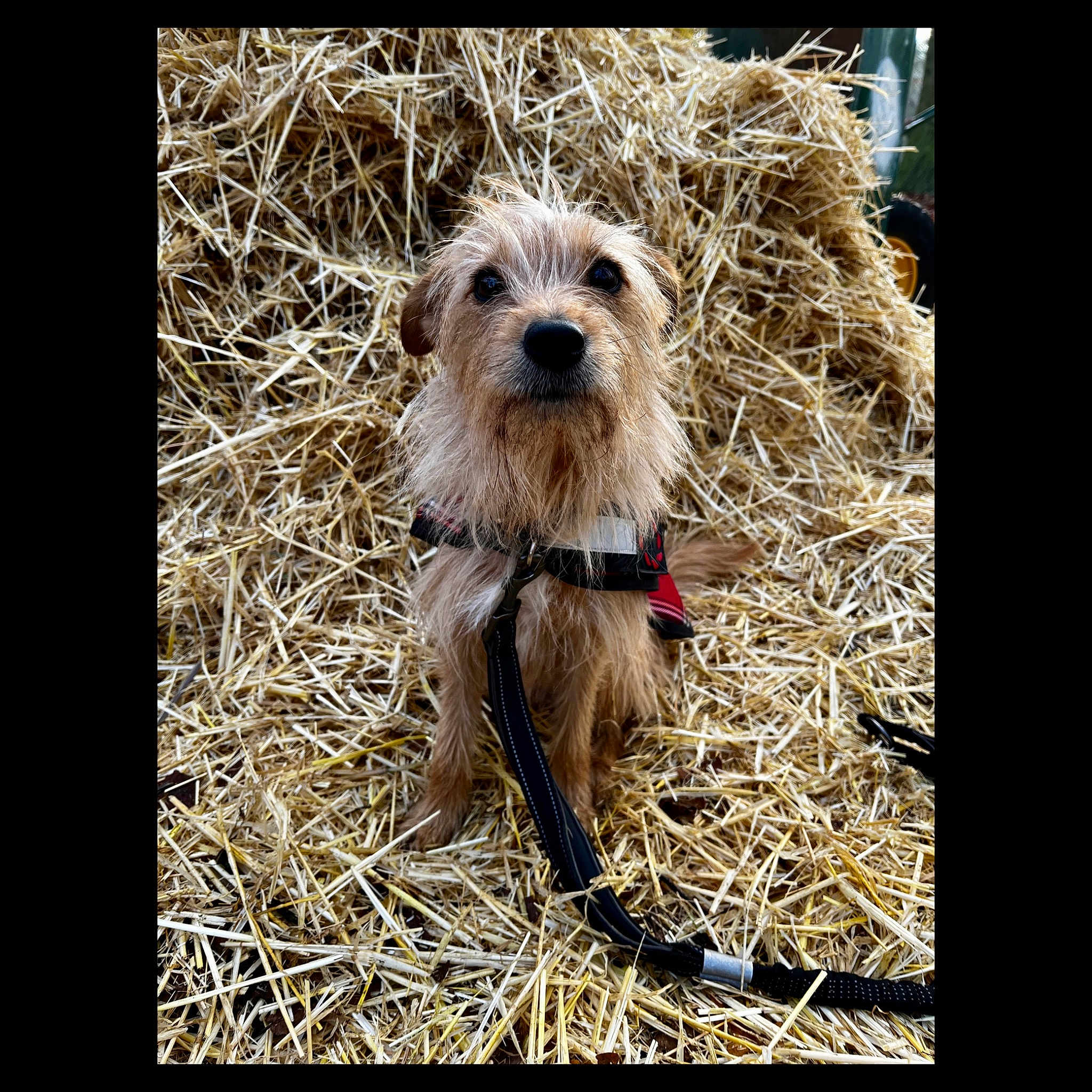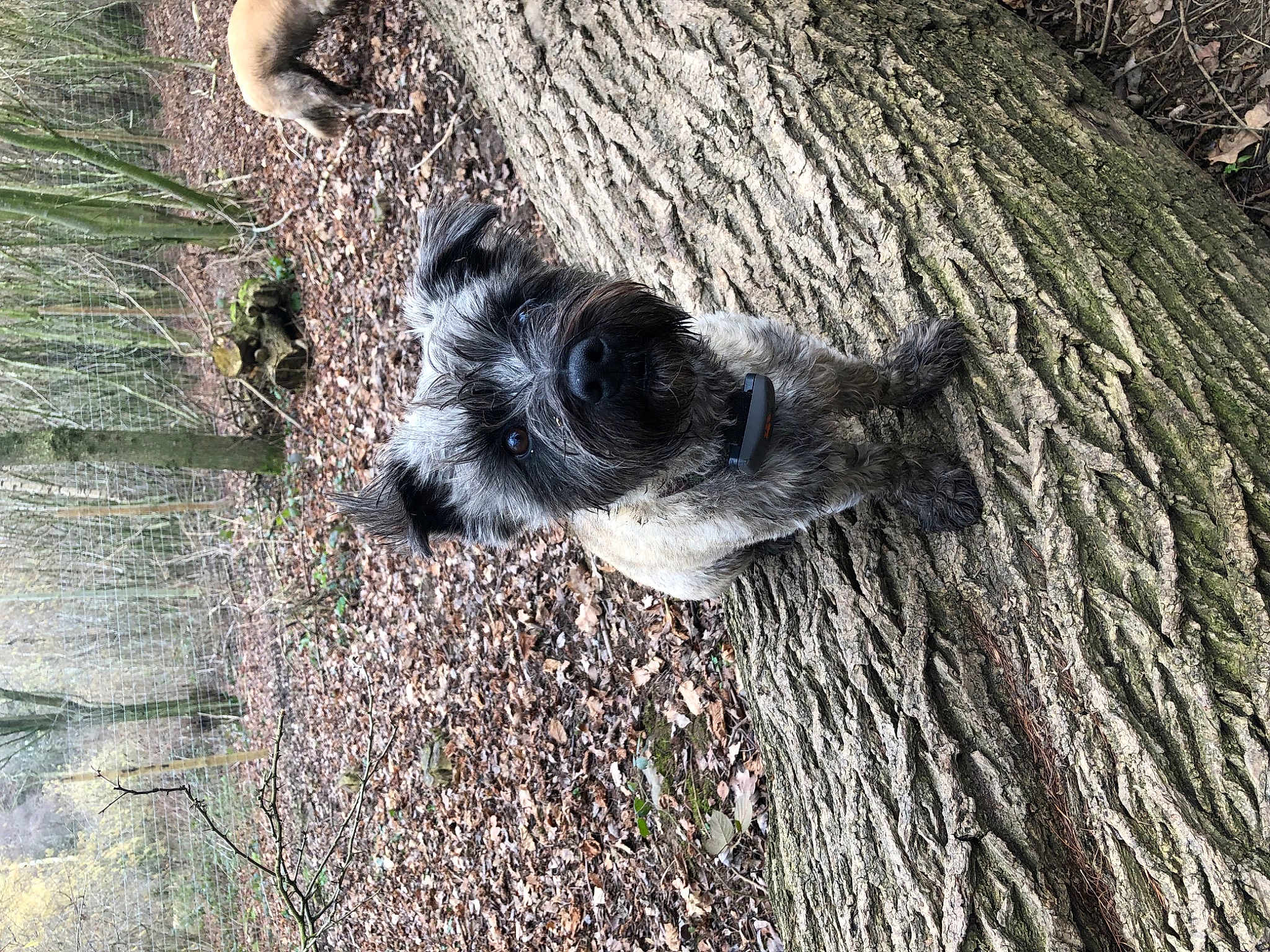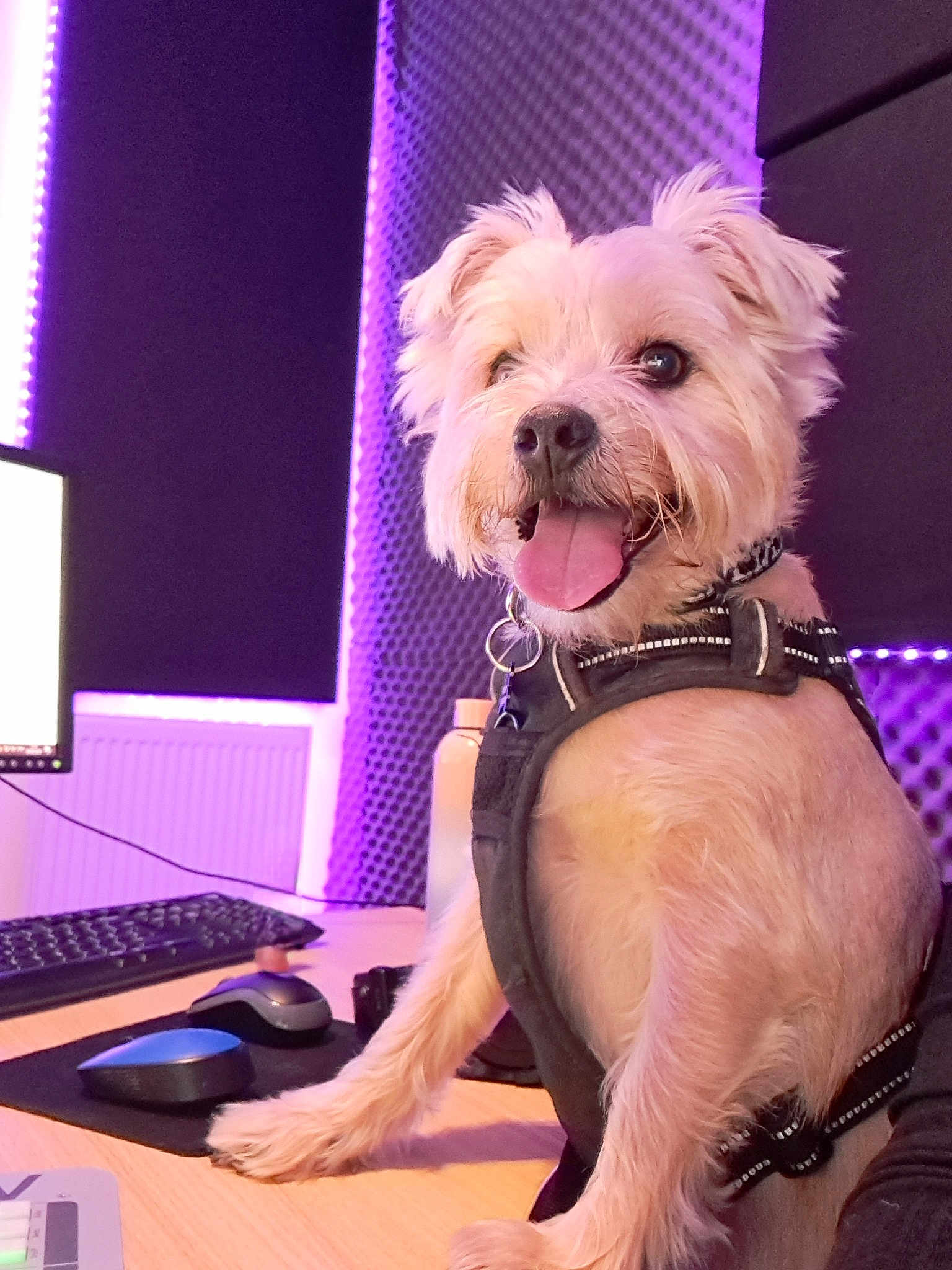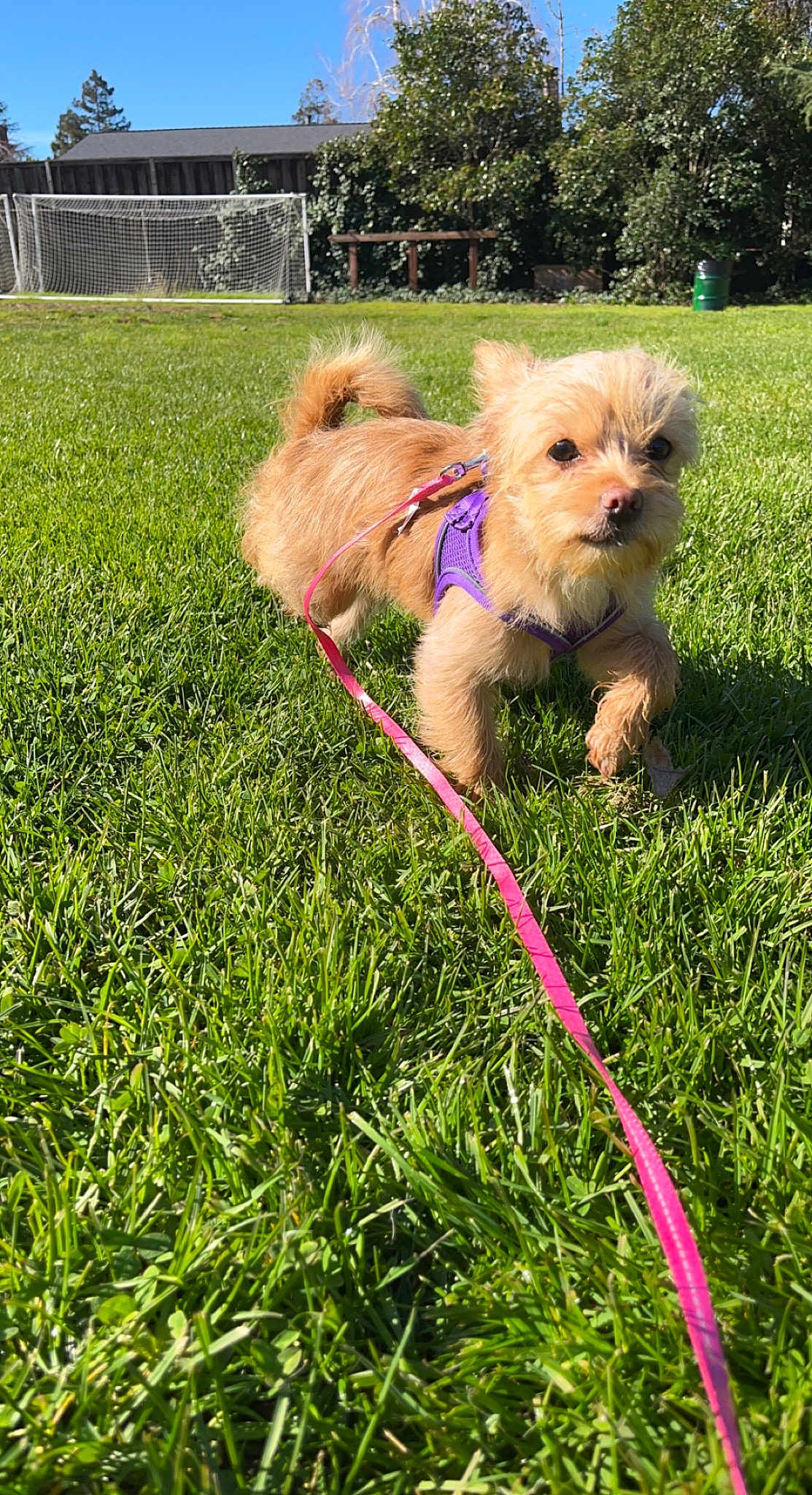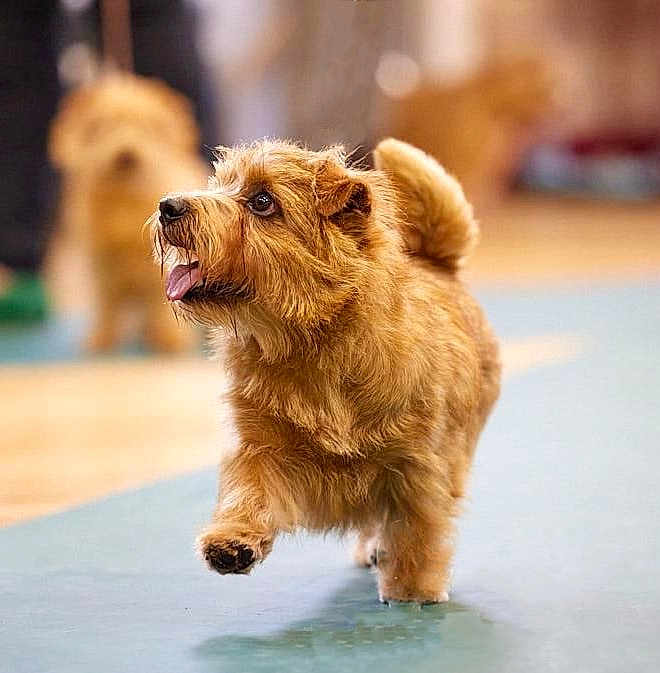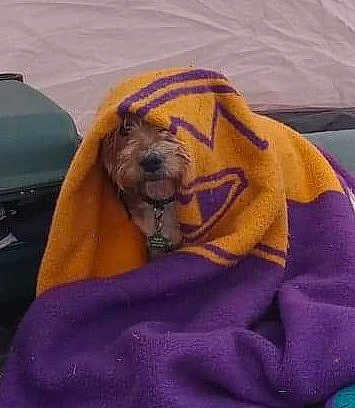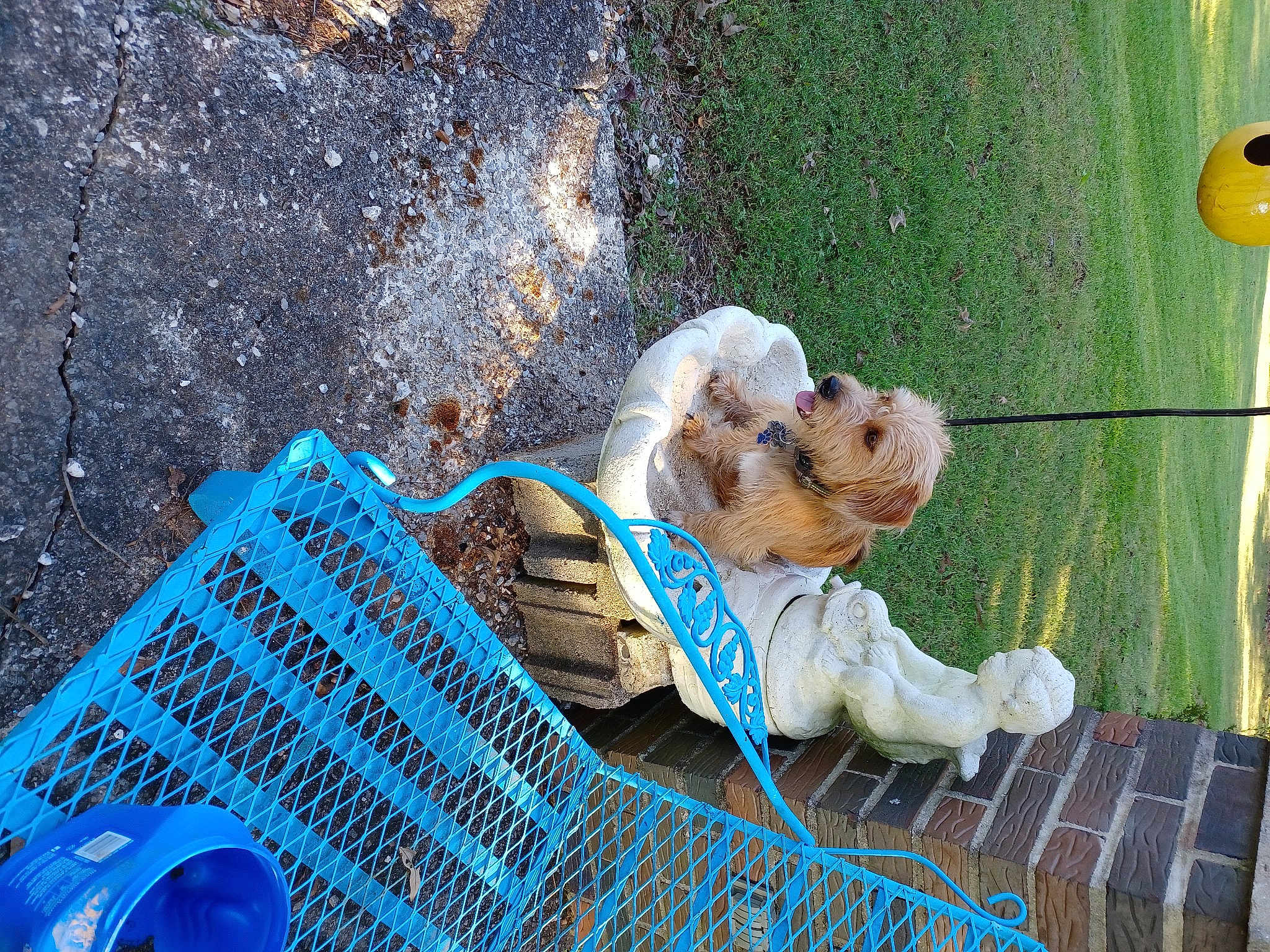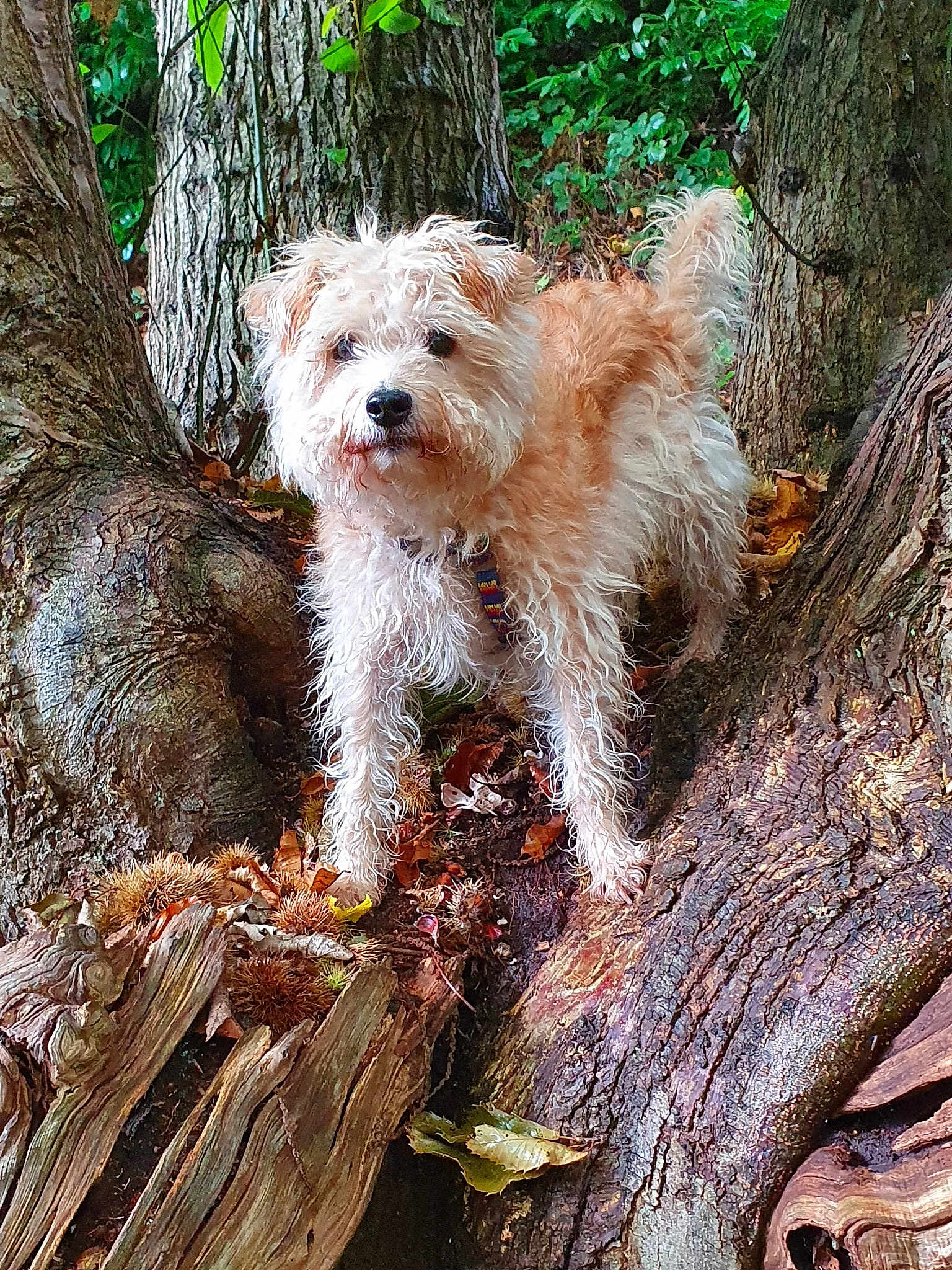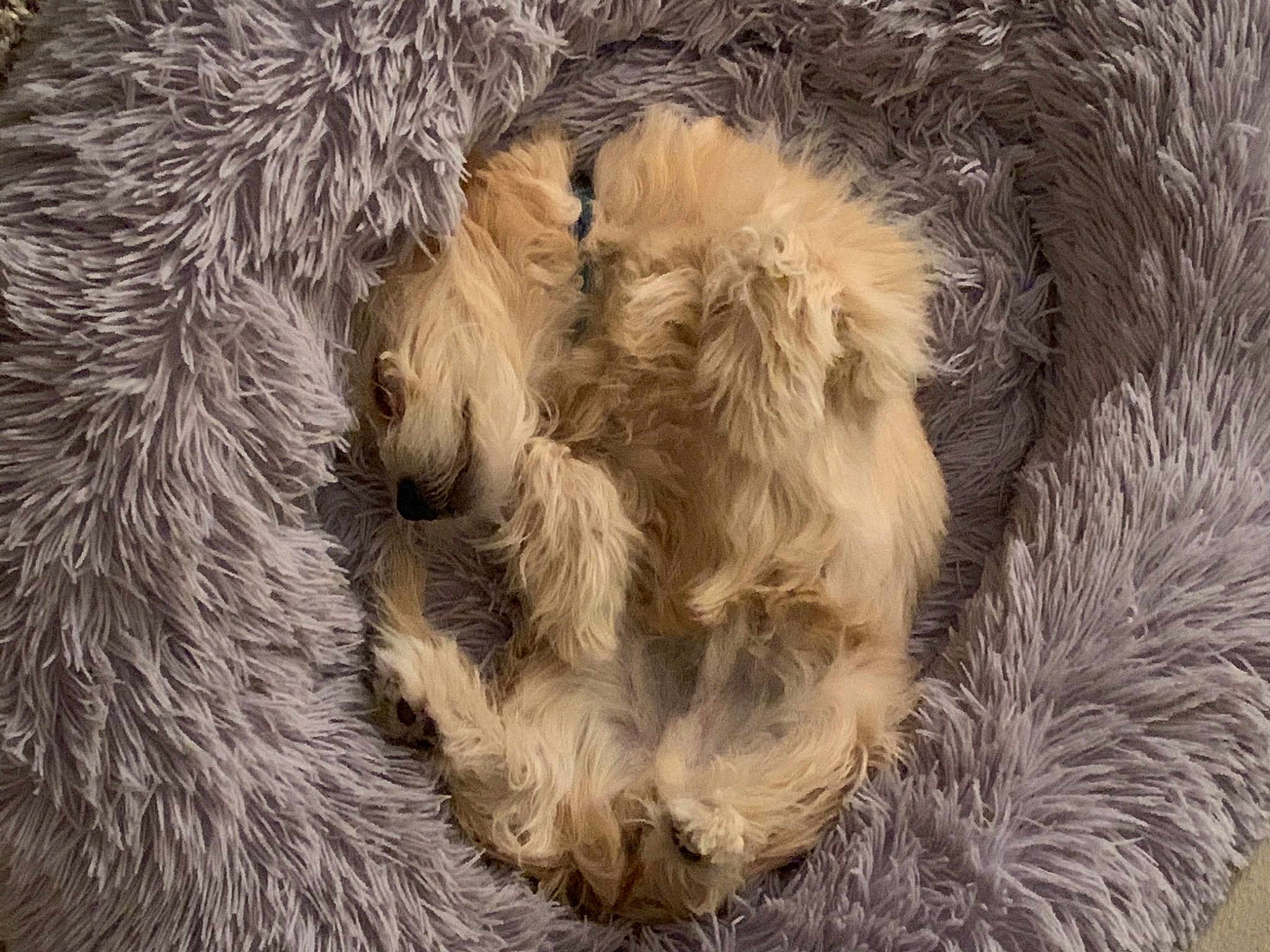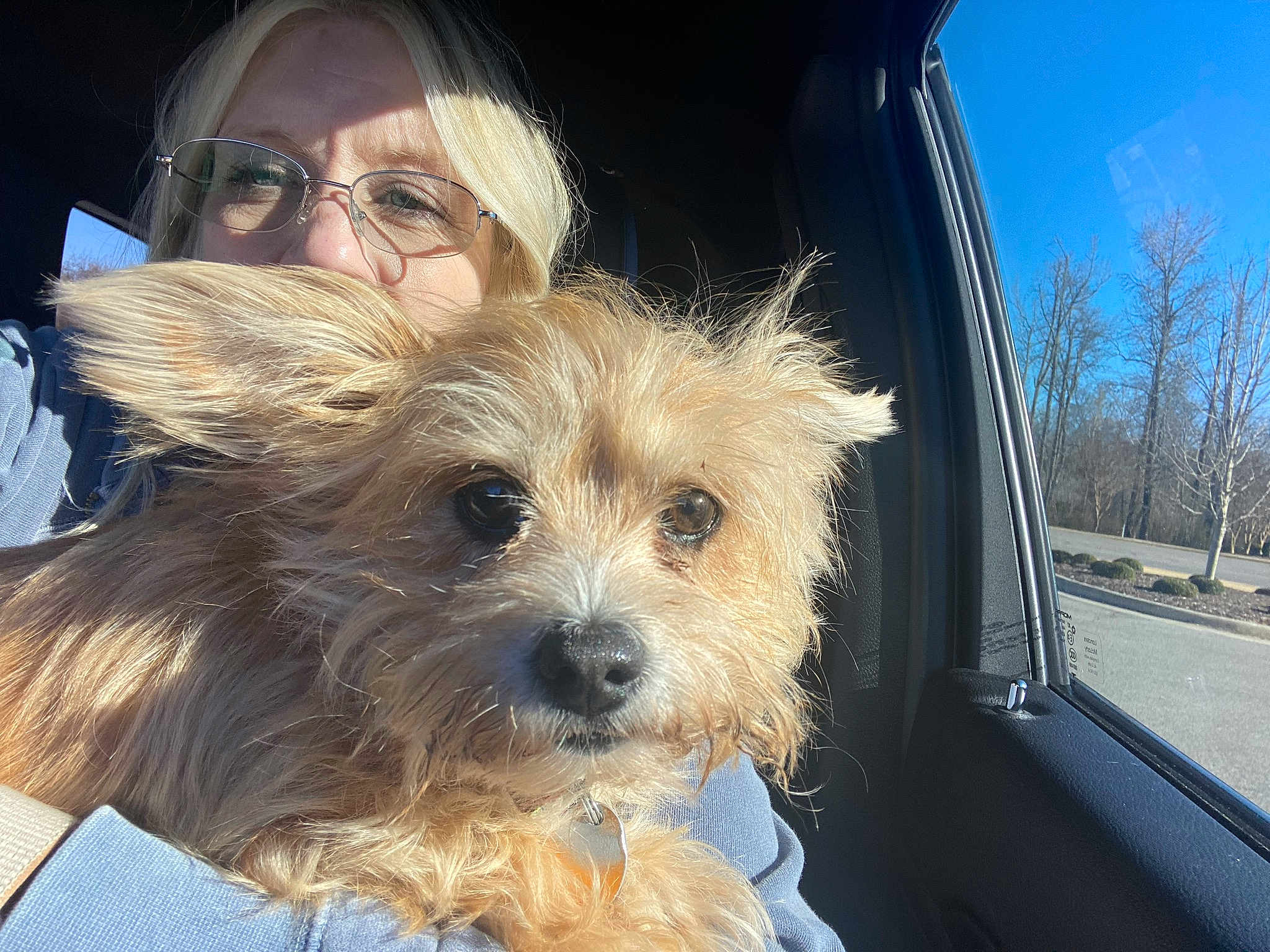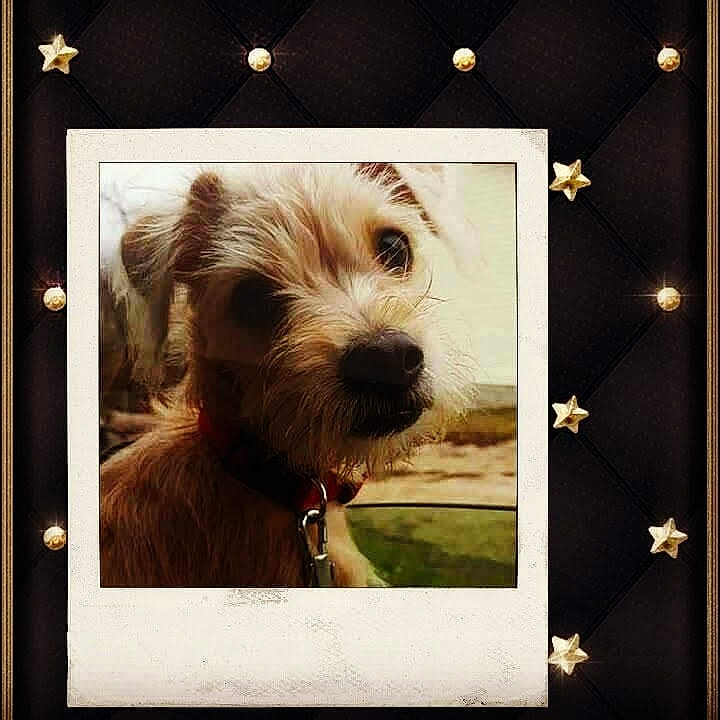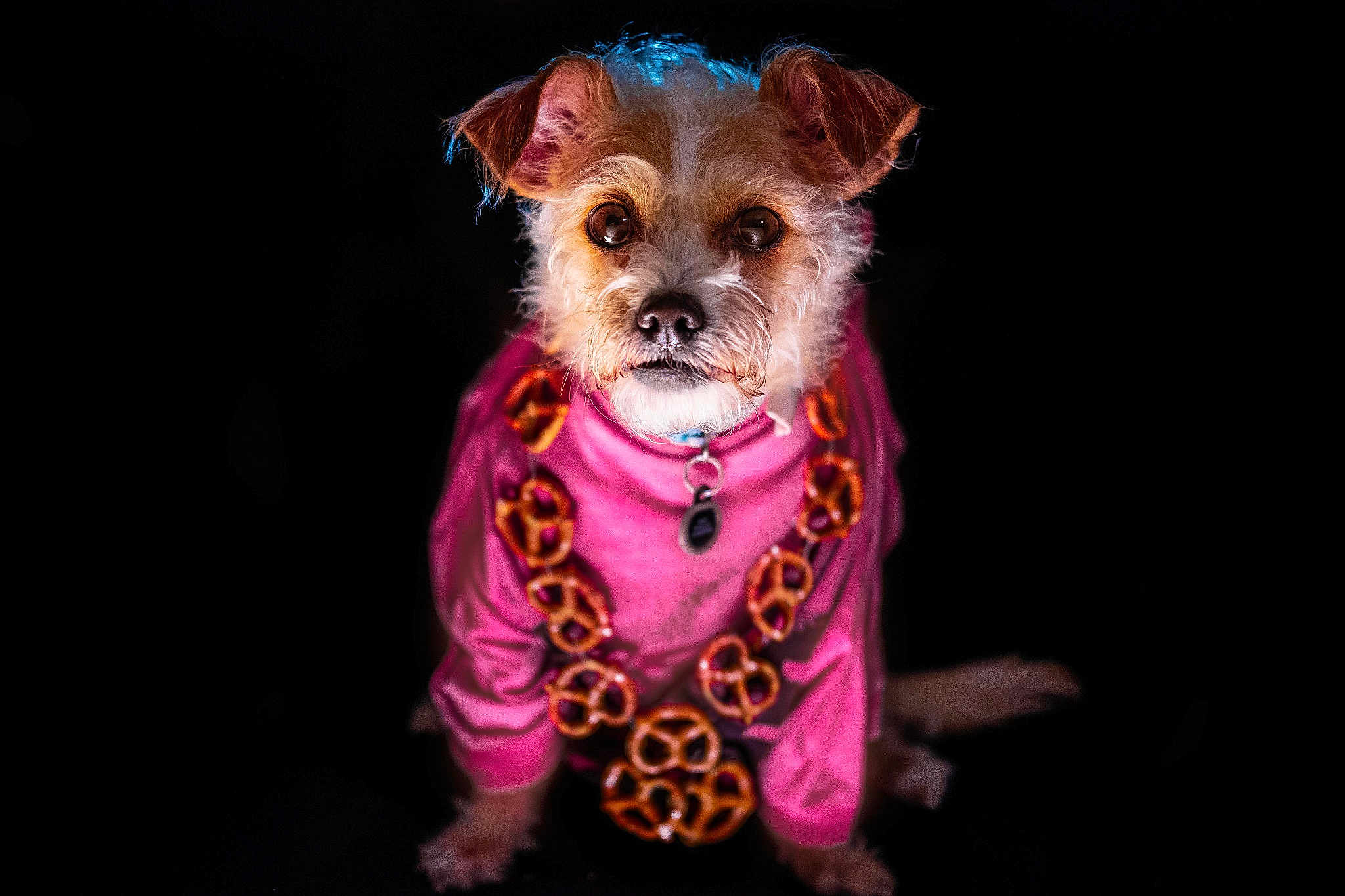
Tiny but mighty, the Norfolk Terrier is often nicknamed the "perfect demon" for its spirited and feisty nature. The charm of this pint-sized pooch lies not only in its energetic personality but also in its rich historical background. As we delve into the world of Norfolk Terriers, we uncover the breed's fascinating origins, distinctive traits, and the reasons why it makes a phenomenal companion.
Personality and Behavior of the Norfolk Terrier
Norfolk Terriers are renowned for their plucky and adventurous spirit. Despite their small stature, these dogs boast a robust and courageous demeanor. Known for their loyal and affectionate nature, Norfolk Terriers bond deeply with their families and thrive on companionship. They often display a charming mix of playfulness and curiosity, making them delightful and engaging pets.
This breed tends to be highly energetic and enjoys activities that stimulate both mind and body. They love to explore and will often eagerly participate in any adventure their owners undertake. Norfolk Terriers are also good with children, displaying patience and affection, which makes them excellent family pets. Their sociable disposition means they generally get along well with other dogs, although their assertive nature can sometimes make them a bit stubborn.
The intelligence of the Norfolk Terrier is another standout trait. They are quick learners but can sometimes exhibit an independent streak, which can be both endearing and challenging when it comes to training. Their terrier instincts also make them vigilant and effective watchdogs, always on the alert for any unusual activity around the home.
Due to their deep-rooted hunting background, these terriers have a strong prey drive. This means they may chase small animals, so they should be supervised when off-leash. However, with proper training and socialization, Norfolk Terriers can be well-mannered and obedient pets.
Norfolk Terriers were originally bred to hunt vermin and small mammals, showcasing their impressive tenacity and agility in the field.
Meanings, History, and Origins of the Norfolk Terrier
The Norfolk Terrier's name is derived from the county of Norfolk in England, where the breed was first developed in the late 19th century. This region was known for its agricultural activities, and small, sturdy terriers were highly valued for their ability to control vermin populations.
Initially, the breed was grouped with the Norwich Terrier, but distinctive differences in ear carriage led to their eventual separation. The Norfolk Terrier has small, drop ears, while the Norwich Terrier's ears stand erect. This differentiation was officially recognized by the American Kennel Club in 1979.
Norfolk Terriers were bred by crossing various small terrier breeds, such as the Cairn Terrier and the Border Terrier. Their primary role was to hunt rats, mice, and other pests both on farms and in urban environments, highlighting their agility and persistence. The breed’s ancestors were valued not only for their hunting skills but also for their companionship.
The Norfolk Terrier's resilient and adaptable nature has ensured its continued popularity. These dogs have transitioned seamlessly from working dogs on farms to beloved pets in modern households. Their history is a testament to their versatility and enduring appeal.
Popularity of the Norfolk Terrier
Norfolk Terriers have enjoyed consistent popularity, particularly in English-speaking countries such as the United Kingdom and the United States. Their compact size and amiable nature make them suitable for various living environments, from apartments in bustling cities to larger homes with expansive yards.
In the United Kingdom, the Norfolk Terrier is a cherished breed and often features in national dog shows and competitions. Their spirited performances and engaging personalities make them a favorite among dog lovers. In the United States, they enjoy similar recognition and are frequently seen excelling in agility and obedience trials.
While their popularity may not reach the heights of more widespread breeds like the Labrador Retriever, Brussels Griffon, or French Bulldog, Norfolk Terriers have carved out a niche following. Enthusiasts of the breed appreciate their unique combination of traits, including their courage, loyalty, and zest for life.
Globally, the Norfolk Terrier’s charm has resonated beyond English-speaking countries. In European nations such as Germany and France, as well as in Australia and New Zealand, they are acknowledged for their exceptional qualities and thrive as beloved pets.
Health and Care of the Norfolk Terrier
Norfolk Terriers are generally robust and healthy dogs, but like all breeds, they can be prone to specific health issues. Responsible breeders should screen for conditions such as hip dysplasia, patellar luxation, and certain heart anomalies. Regular veterinary check-ups are essential to maintaining their well-being.
This breed requires a balanced diet tailored to their size, age, and activity level. High-quality commercial dog food, along with occasional treats, can ensure their nutritional needs are met. Norfolk Terriers also benefit from regular exercise, which helps maintain a healthy weight and prevents obesity-related issues.
Grooming needs for Norfolk Terriers are moderate. Their wiry coat requires regular brushing to prevent matting and to maintain its texture. Occasional hand-stripping—a technique used to remove dead hair—can help keep their coat in top condition. Regular dental care, ear cleaning, and nail trimming are also important aspects of their grooming routine.
Given their high energy levels, Norfolk Terriers need ample physical and mental stimulation. Daily walks, interactive play sessions, and puzzle toys are excellent ways to keep them engaged and happy. Their natural hunting instincts can be channelized through activities like scent work or earthdog trials.
Training and Education of the Norfolk Terrier
Training a Norfolk Terrier can be both a rewarding and challenging experience. Their intelligence and eagerness to please make them responsive to positive reinforcement techniques. Treats, praise, and interactive play can be powerful motivators.
Early socialization is crucial for Norfolk Terriers to develop well-rounded temperaments. Exposure to various people, environments, sounds, and other animals helps mitigate any potential behavioral issues. Puppy kindergarten and basic obedience classes are excellent starting points.
Due to their independent nature, consistent and gentle training methods are essential. Harsh techniques or punishment can be counterproductive and may lead to stubbornness or anxiety. Instead, patience, consistency, and a fun approach to training can yield the best results.
Norfolk Terriers excel in agility and obedience sports, showcasing their quick reflexes and sharp minds. Engaging them in these activities not only strengthens the bond between dog and owner but also provides an outlet for their abundant energy.
When choosing a dog, it’s important to consider your lifestyle, living situation, and the breed’s characteristics. Norfolk Terriers are best suited for active families or individuals who can provide plenty of physical and mental stimulation.
Conclusion
The world of dog breeds is wonderfully diverse, each offering unique traits and histories that make them special. The Norfolk Terrier stands out with its spirited nature, rich history, and adaptable personality. Here at KingPet, we’ve seen many Norfolk Terriers participate in our contests, captivating audiences with their charm and vitality.
Choosing a Norfolk Terrier can bring immense joy and companionship into your life. Their loyalty, intelligence, and zest for life make them an invaluable addition to any home. Whether you live in a city apartment or a countryside house, the Norfolk Terrier’s adaptable and affectionate nature ensures they will thrive and bring happiness to your family.


